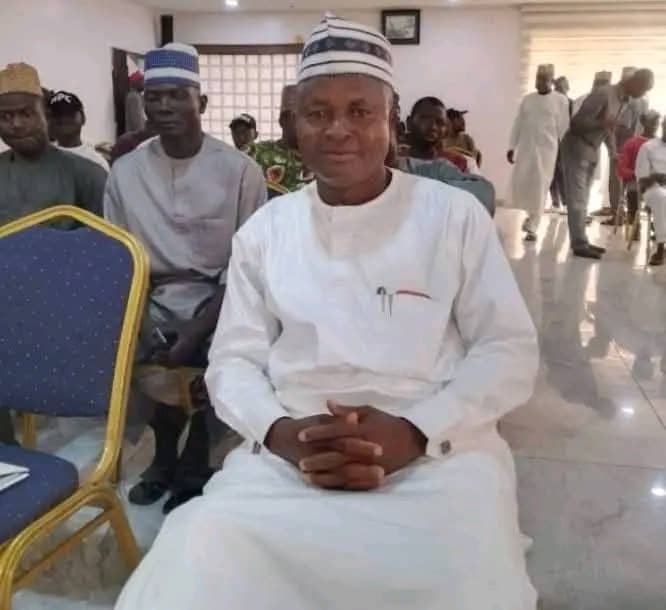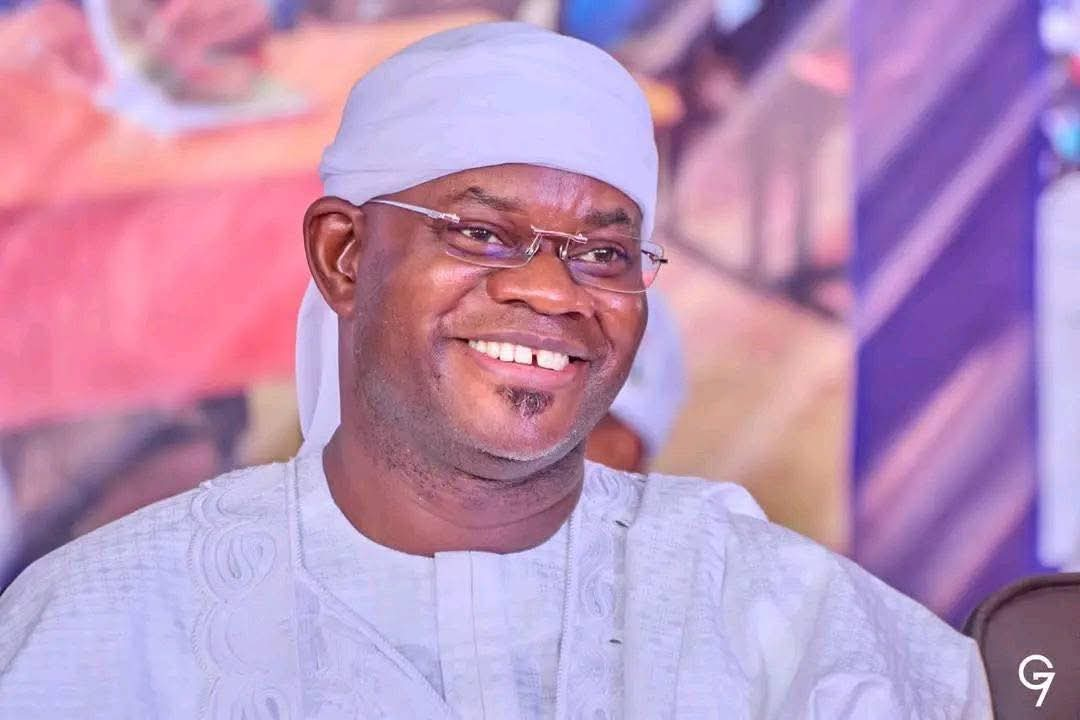Delta State Procures Three MRI Scanners for Senatorial Districts – Health Commissioner
Delta State has become the first state in Nigeria to procure three Magnetic Resonance Imaging (MRI) machines. These acquisitions are part of a strategic move to improve healthcare delivery across the state by expanding diagnostic imaging capabilities.
The MRI machines, which are helium-free 1.5 Tesla Siemens German-made devices, will be installed in Asaba Specialist Hospital, Central Hospital Warri, and the Delta State University Teaching Hospital in Oghara, serving the three senatorial districts of the state.
This investment addresses the previous lack of functioning MRI machines in the state, eliminating the need for patients to be referred to out-of-state hospitals for imaging services.
The machines provide non-invasive, high-quality imaging for conditions such as prostate issues, spine injuries, brain, and other soft tissue evaluations, and come with a two-year maintenance warranty to ensure sustainability.
The State Commissioner for Health, Dr. Joseph Onojaeme, disclosed this on Monday in Asaba. He said the initiative, approved at the last State Executive Council meeting, reflects Governor Sheriff Oborevwori’s commitment to providing quality diagnostic services across all three senatorial districts.
According to him, the MRI machines will be installed at the Central Hospital, Warri (Delta South), Delta State University Teaching Hospital, Oghara (Delta Central), and Asaba Specialist Hospital (Delta North).
“Before now, many Deltans were compelled to travel to neighboring states to access MRI services, incurring huge logistics costs and inconveniences. Governor Oborevwori saw this gap and directed the procurement to bring relief to our people,” Onojaeme said.
The MRI, a non-invasive imaging technology that uses magnetic fields to detect a wide range of diseases, will complement other medical equipment already procured by the state, including CT scanners recently installed at DELSUTH, Oghara, and Central Hospital, Warri.
Onojaeme assured that the Ministry of Health would closely monitor the project to ensure timely delivery and installation. “In the next few months, Deltans will begin to enjoy these services,” he added.
Healthcare experts have lauded the move, describing it as a game-changer for disease detection, diagnosis, and treatment in the state.









